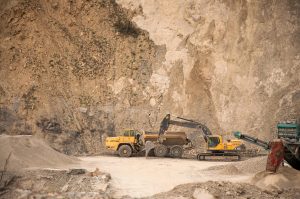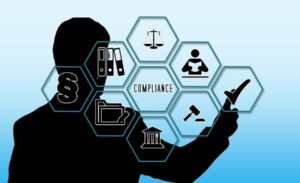Best Petroleum Economics Training
Course Fee:
Course Objectives
The main objective of Masterclass Petroleum Economics training program is to equip professionals with the following:
• Information and knowledge of energy economics specific to Petroleum
• Awareness and understanding of international standards and concepts related to Petroleum companies and projects
• How better management of Petroleum can cause organisational development and operational enhancement
• The necessary skills and experience to train other professionals regarding best practices of petroleum economics
• The experience and exposure to address appropriate aspects of climate change and use of Petroleum
• The required analytical skills to accurately assess Petroleum supply and demand
• The skill set and capabilities to work with various energy models to increase efficiency and overall delivery
• The expertise to assess risks, alter course for effective resolutions at the earliest
Course Outline
PETROLEUM AND PROCESSESS
• Up-stream Activities of the Energy Sector
• Up-stream activities of energy and Petroleum
• Oil & natural gas exploration
• Drilling and production
• Technology is finding the oil and gas
• Exploration techniques for Petroleum
• Enhanced oil recovery & reserves of crude oil
ASSETS
• Assets management
• Factor affecting assets value
• Life-cycle of oil assets
• Manage and evaluate the up-stream assets
• Operating costs of assets
PETROL ECONOMY – I
• Energy & petroleum sector | Mid-stream activities
• Crude oil & natural gas economics
• Recovery and transportation
• Pipeline transportation in oil and gas
PETROL TRANSPORTATION
• Pipeline transportation management
• Pipeline operating costs & maintenance
• Cross-border pipeline transportation and crude oil
• Oil shipping and tanker charting
• Pricing of energy and petroleum products
ROLE OF REFINERIES AND SUPPLY CHAIN
• Energy and petroleum sector| Down-stream activities
• Finished products supply i.e., Refining activities
• Technology and it’s part in refining & conversion
• Petrol Supply chain economics
BUSINESS STRATEGIES FOR PETROLEUM
• Demand and market for petroleum products
• Strategy for Petroleum
• Retail business and petrol-retailing
• Petro-accounting
• Reverse recognition accounting and full-cost
• Financial & income statements
TRADING OF PETROL
• Oil Trading and Geopolitics
• Global business and current status in petroleum industry
• Down-stream refining & marketing
• Trend & structure of oil
• Hydro-carbon domestic & global Economic environment
MODERN TECHNIQUES
• Petro-informatics
• Advancement petroleum industry
• Petro e-business and e-market
• Architecture of E-gas station
• Oil and gas industry|Next-generation services
PETROL ECONOMY – II
• Micro-economics
• Macro-economics
• Industrial Economics
• Revenue and is influenced by macroeconomics
• Variables contribute to variation in crude oil prices
• The factors for forecasting prices
• Price and investment relation with drilling counts, wells explored and the supply
• New oil wells | Financial decision making
• Cash flow model for oil well
Methodology
The training methodology integrates lectures, interactive discussions, collaborative group exercises, and illustrative examples. Participants will acquire a blend of theoretical insights and hands-on practical experience, emphasizing the application of learned techniques. This approach ensures that attendees return to their professional environments equipped with both the competence and self-assurance to effectively implement the acquired skills in their responsibilities.
DATE:
1ST BATCH: 10th – 13th Feb, 2026
2ND BATCH: 2nd – 5th Jun, 2026
3RD BATCH: 28th – 30th Sep, 2026
Course Category
- Human Resource and Admin
- Finance and Accounting
- Internal Audit and Fraud Control
- Stores, Procurement and Supply Chain
- Information Technology
- Aviation and Maritime
- Banking, Investment and Insurance
- Business Communication
- Construction Management & Civil Engineering
- Engineering, Instrumentation and Maintenance
- Entrepreneurship and Business
- Hotel & Hospitality Management
- Law and Contract Management
- Management and Leadership
- Project Management
- Public Relations
- Public Sector
- Sales, Marketing & Customer Service
- Secretaries & Personal Assistants
- Transport & Logistics
- Security and Safety
More Courses
VENUE
25, Queen street, Alagomeji Bus Stop, Yaba, Lagos










